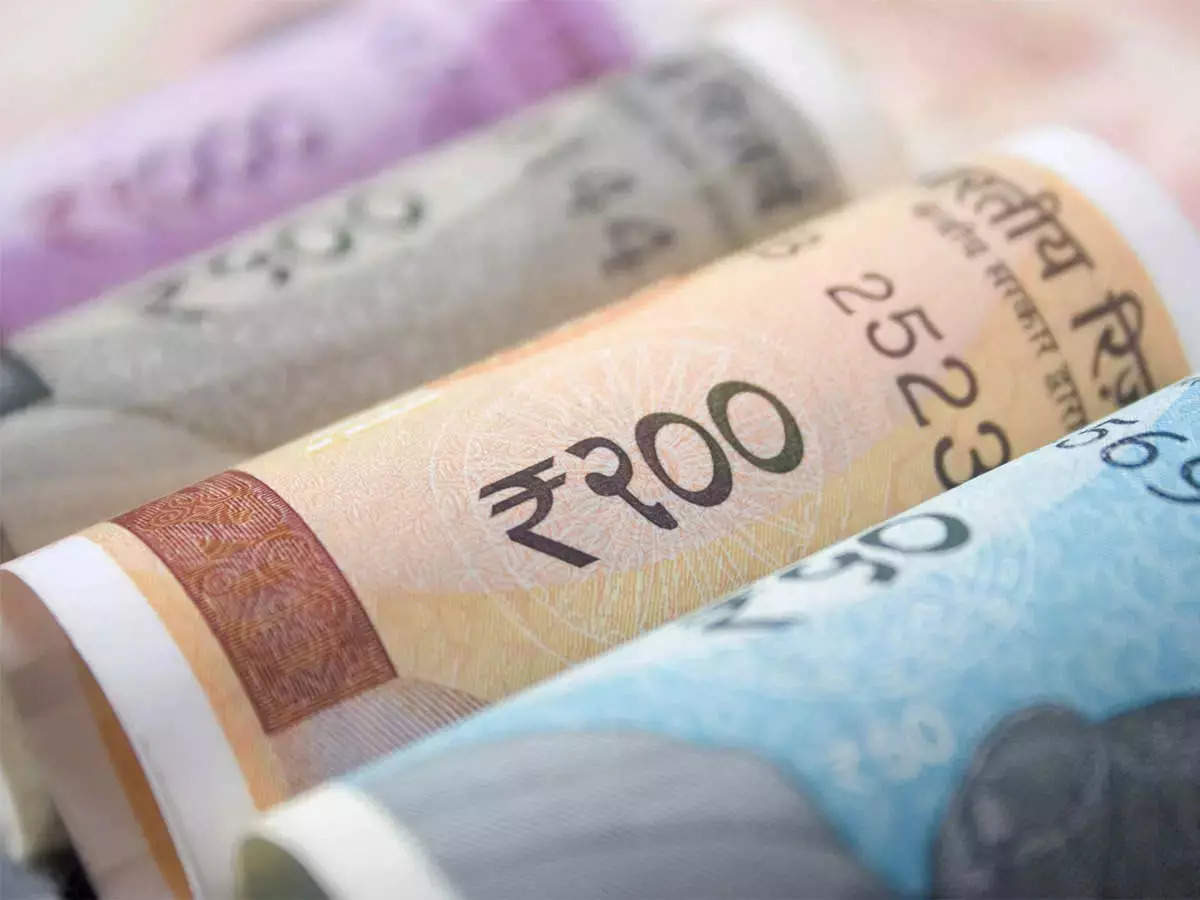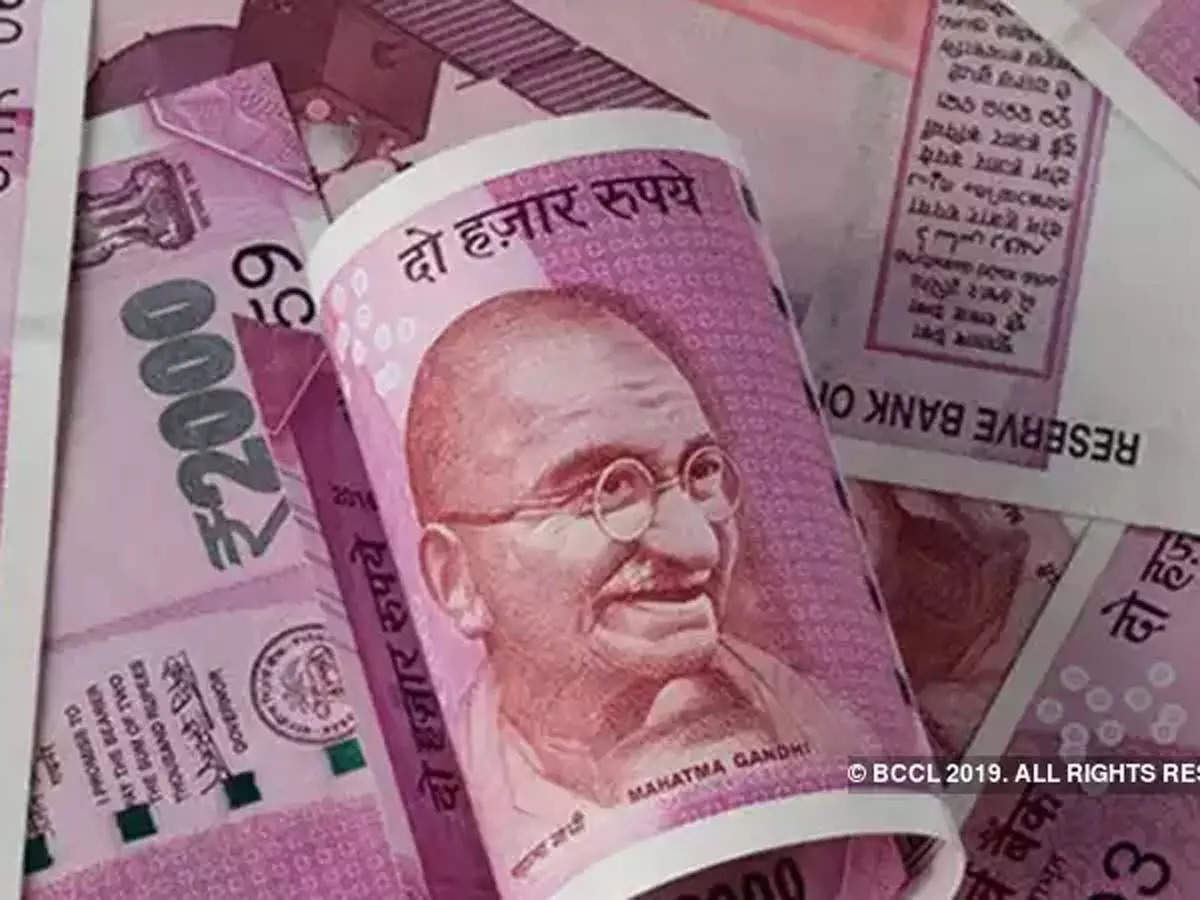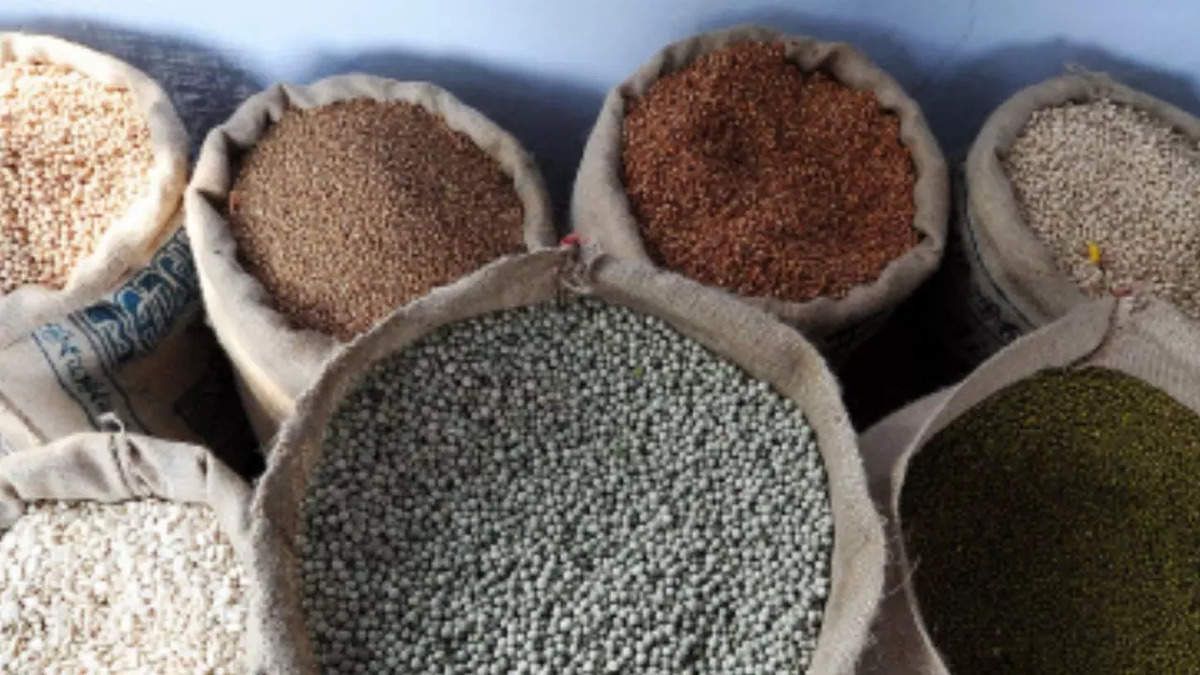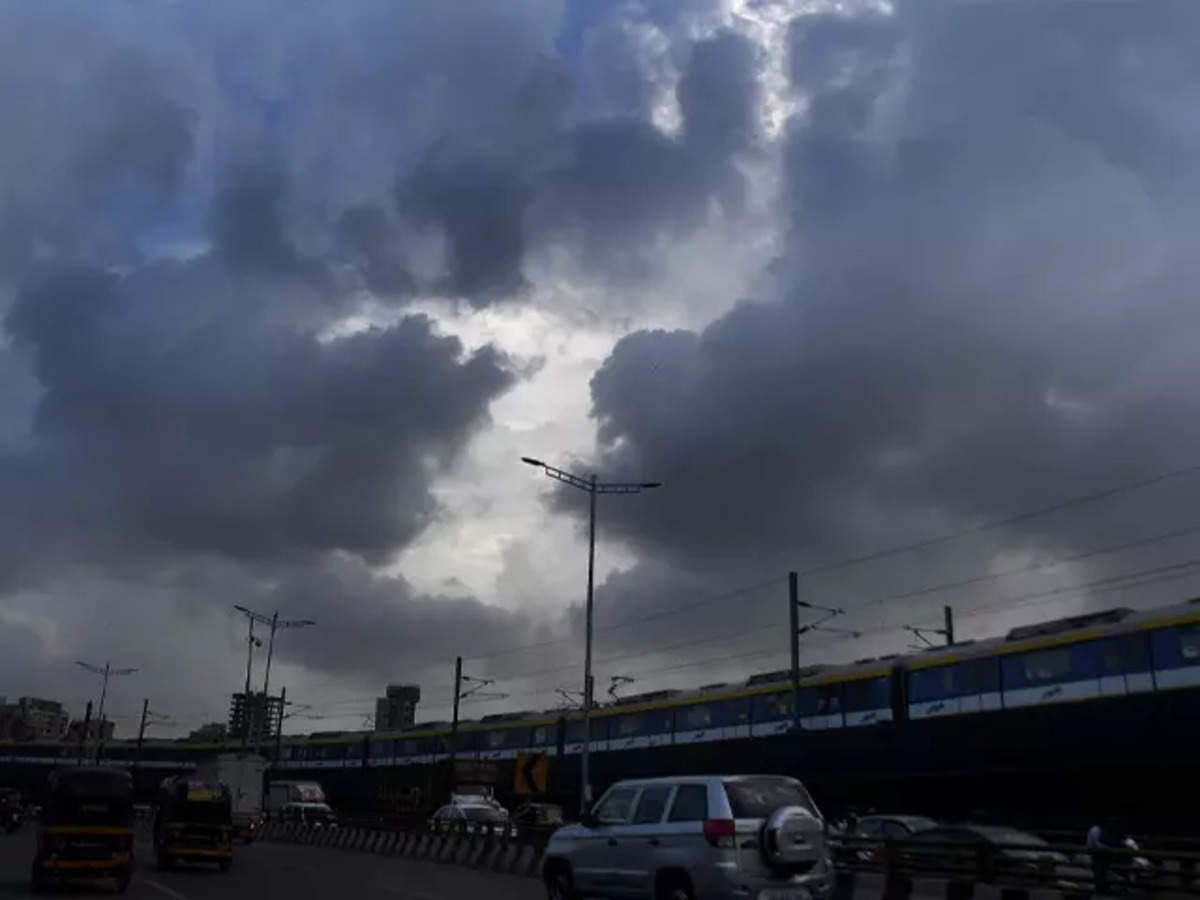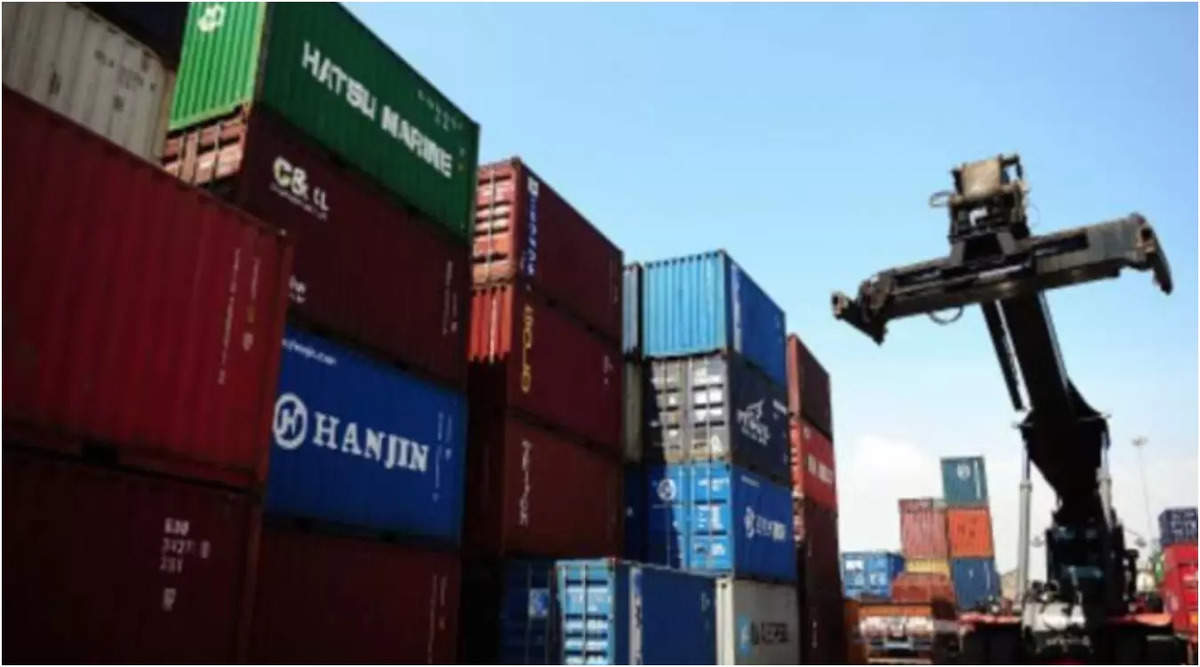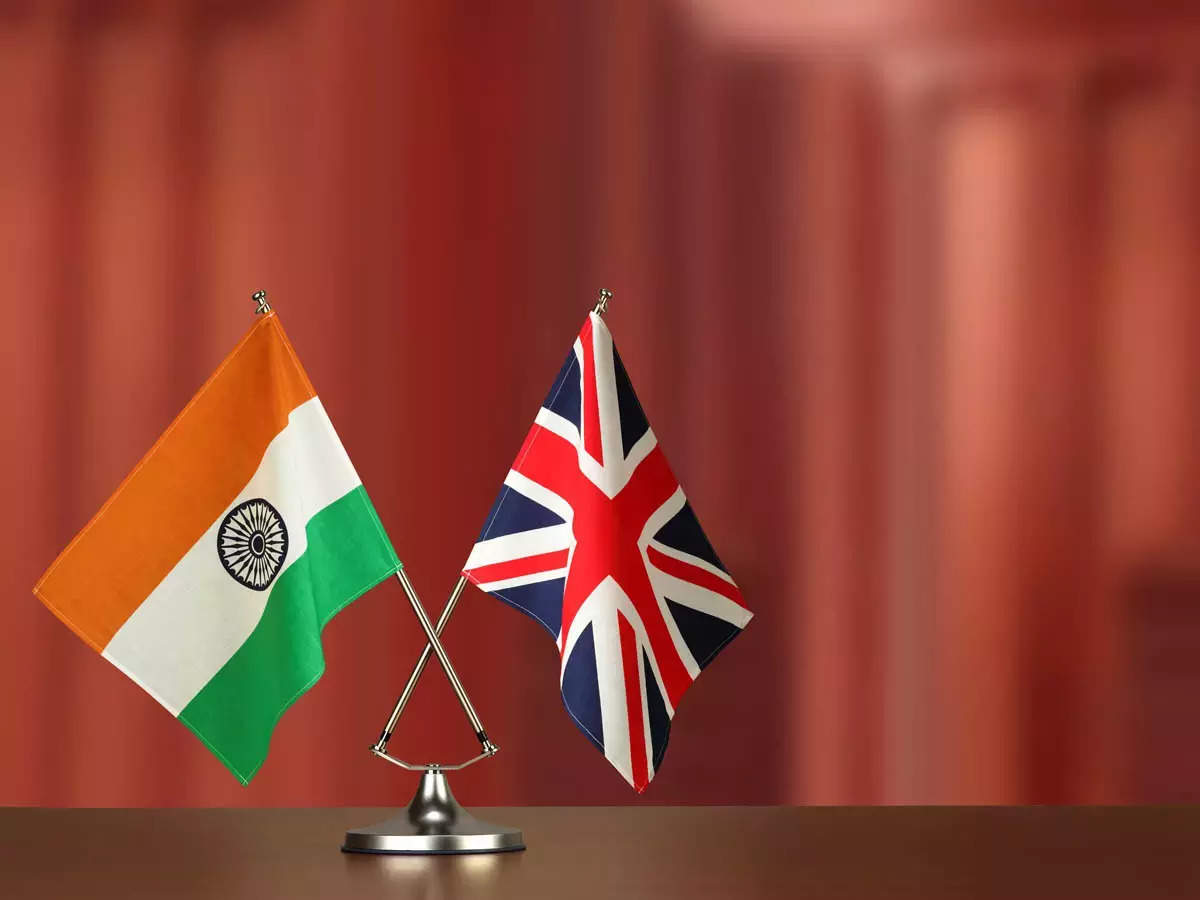The brain-storming session, called 'Chintan Shivir', was chaired by cabinet secretary Rajiv Gauba. It saw deliberations on the capital expenditure from the Budget and such spending by various central public sector enterprises (CPSEs), with focus on their internal and extra-budgetary resources. Several large schemes, announced in the Budget for FY24, were also discussed.


